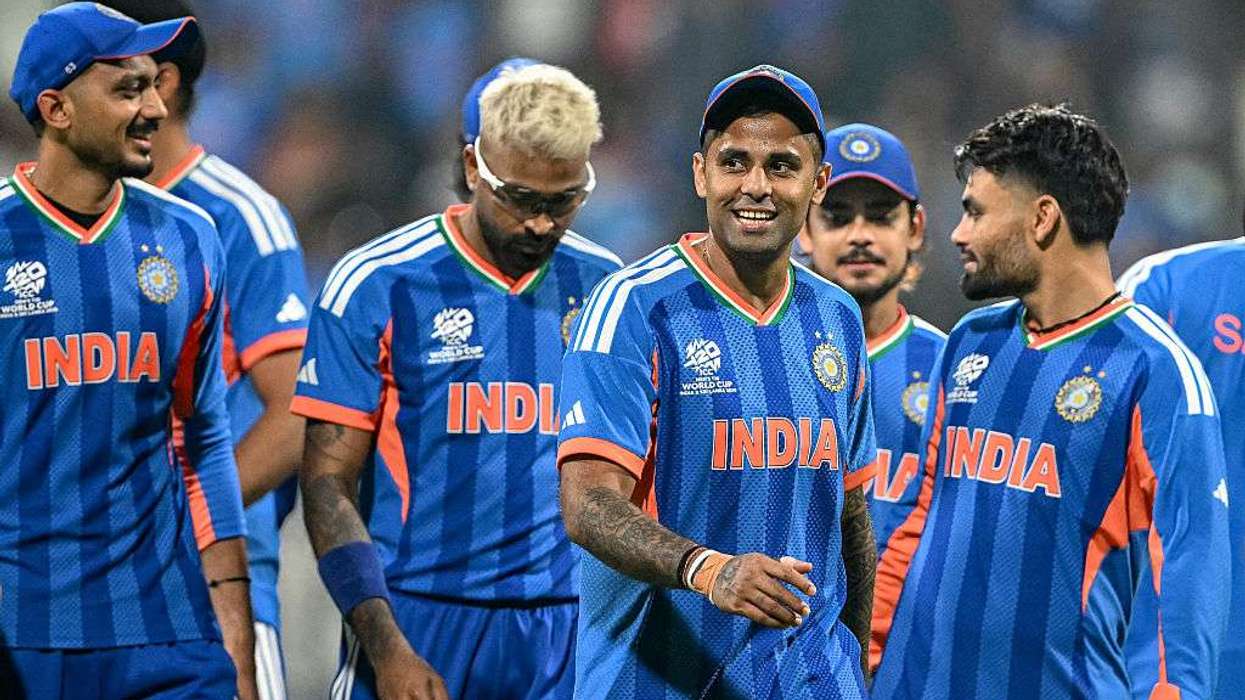INDIA and Pakistan are gearing up for another high-voltage encounter in the Asia Cup, with their second meeting of the tournament scheduled for Sunday (21) in Dubai.
The two sides had already secured their places in the Super Four from Group A, and all eyes are now on their second showdown.
India, the reigning T20 World Cup champions, go into the next stage unbeaten. They finished the group stage with a 21-run win over a spirited Oman side in Abu Dhabi on Friday (19) night.
Pakistan booked their spot in the Super Four earlier in the week after defeating the UAE. They now prepare to face Sri Lanka in Abu Dhabi, while Bangladesh, the other team from Group B, will have to play on back-to-back days against India and Pakistan on September 24 and 25.
Sri Lanka and Bangladesh will start the Super Four stage on September 20 in Dubai, while India and Sri Lanka will close it out on September 26. The top two teams will contest the final on September 28, also in Dubai.
The group-stage points will not be carried forward, meaning all four teams begin the Super Four on level footing.
On Friday, Oman -- ranked 20th in world T20 rankings -- put up a spirited batting show and finished on 167-4 after top knocks from Aamir Kaleem, who made 64, and Hammad Mirza, who hit 51.
The left-right batting pair of Kaleem and Mirza put on 93 runs for the second wicket and attempted to pull off the chase with some late boundaries that gave India the scare.
Hardik Pandya broke the stand with a stunning outfield catch to dismiss Kaleem off Harshit Rana and then sent back Mirza with his pace bowling in the next over.
Left-arm quick Arshdeep Singh snared the fourth wicket of the innings and his 100th in T20 internationals -- the first Indian bowler to reach the century mark.
Earlier, wicketkeeper-batsman Sanju Samson top-scored with 56 and his second-wicket partnership with explosive opener Abhishek Sharma, who made 38 off 14 balls, lay the platform for India's total. Oman struck regular blows in their first meeting with the reigning T20 World Cup winners.
Shah Faisal, fellow left-arm quick Jiten Ramanandi and left-arm spinner Kaleem took two wickets reach.
Sri Lanka clash with Bangladesh in the first match of the Super Four on Saturday (20) after the two teams made the next stage from Group B.
(with inputs from AFP)





